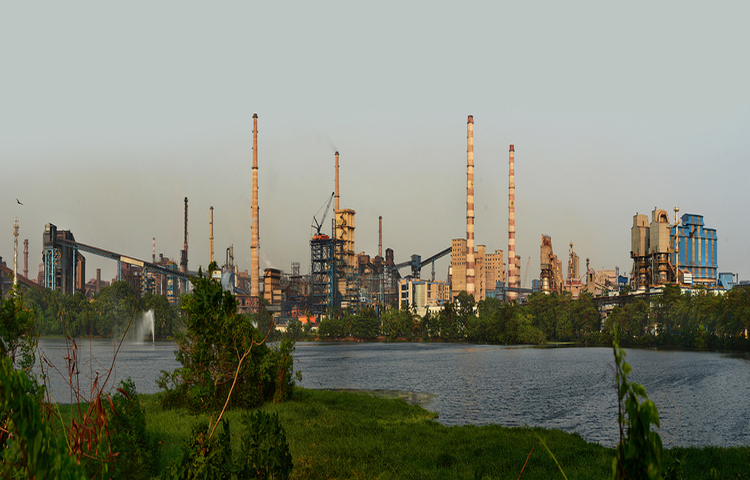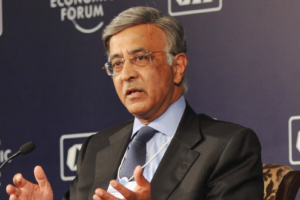
Tata Steel, India’s largest private sector steel producer, reported an 84% drop in fiscal fourth quarter consolidated net profit mainly because the year-earlier profit was boosted by a one-time gain.
Tata Steel’s consolidated net profit figure for Q4 FY19 is not directly comparable to Q4 FY18 as this time it doesn’t include NATSteel Holding and Tata Steel Thailand as they are classified as Asset Held For Sales.
Net profit in the quarter ended 31 March fell to ₹2,295 crore, from ₹14,688 crore a year earlier. Consolidated net profit for 2018-19 declined 49% to ₹9,098 crore.
Tata Steel had a gain of ₹11,376 crore in Q4 FY18 due to restructuring of a UK pension scheme, which benefited profit in the year-earlier period.
Consolidated revenue jumped 25% in the March quarter to₹42,424 crore, from ₹33,705 crore a year earlier. Consolidated revenue for FY19 increased 27% to about ₹1.57 trillion from₹1.24 trillion a year earlier.
In FY19, the company’s revenue from Indian operations rose by 47% year-on-year to ₹88,987 crore, moved because of higher volumes and better realizations, while Ebitda for the year increased by 56% y-o-y to ₹23,883 crore. Ebitda margin stood at 26.8% and adjusted Ebitda per tonne was at ₹14,687. Ebitda is earnings before interest, tax, depreciation and amortization.
The Board of Directors of Tata Steel and Tata Steel BSL have suggested a merger of both the companies in the interest of maximizing value to all stakeholders. The merger will help create operational synergies and efficiencies, reduce the regulatory burden and simplify the group structure
“The proposed merger of Tata Steel BSL with Tata Steel will accelerate operational synergies and simplify our corporate structure. Our 5 MTPA Kalinganagar Phase II expansion will help us to further consolidate our presence in India and strengthen our financial performance.
He added,”We are excited about the recently completed acquisition of the 1 MTPA steel business of Usha Martin which is an important milestone in our plans to grow our long products business. We continue to work closely with the European Commission on seeking approvals for our planned European steel JV with thyssenKrupp.” said Mr. T V Narendran, CEO & Managing Director.”
Last May, Tata Steel acquired debt-ridden Bhushan Steel for₹35,200 crore.
FY19 consolidated steel production, as well as deliveries, rose 17% year-on-year to 27.11 million tonnes and 26.8 million tonnes, respectively. Local production alone surged 35% year-on-year to 16.81 million tonnes, while deliveries grew 33% year-on-year to 16.26 million tonnes following the acquisition of Bhushan Steel and ramping up of capacity at the Kalinganagar plant.
Sales were driven by industrial products which grew 42% year-on-year, while branded and retail products grew 30%.
March quarter production was up 26% from the year-ago period to 7.21 million tonnes.



